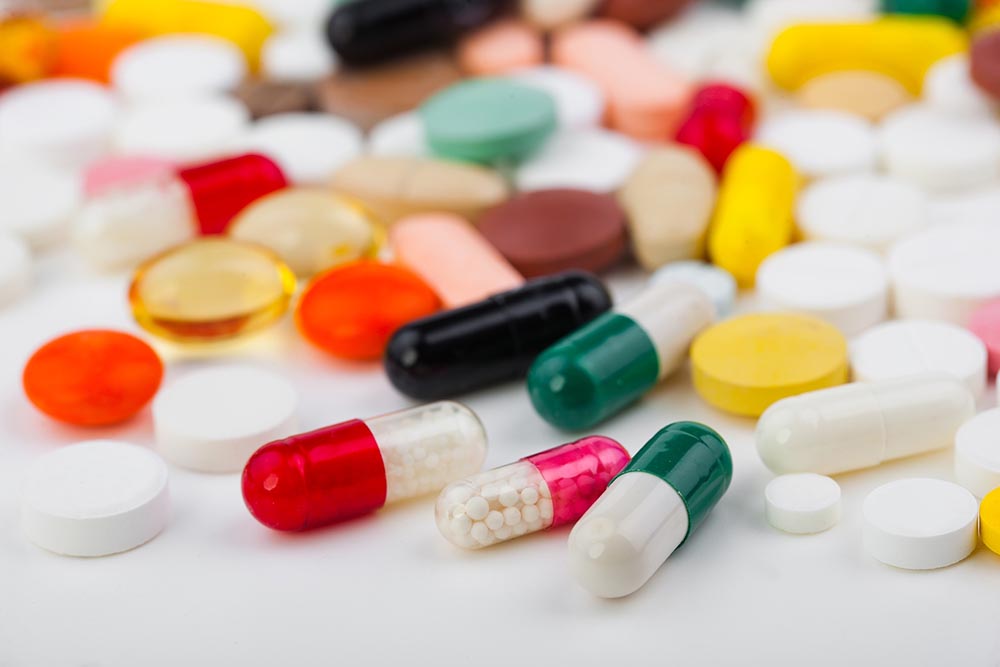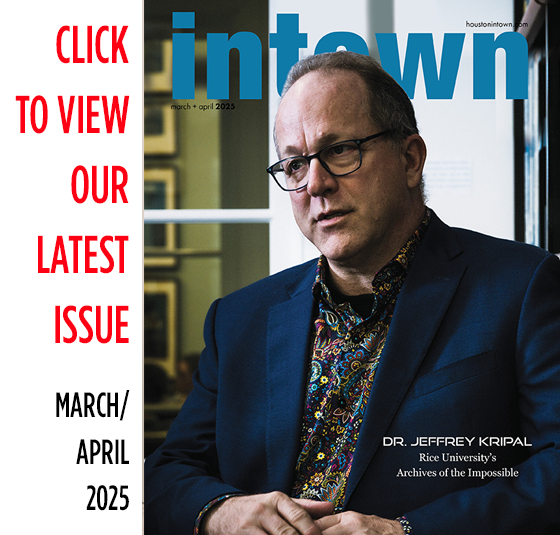Asia Society Texas Event:Examining U.S. Dependency on China in the Global Medical Supply Chain

Join Asia Society Texas for a discussion on the impact of drug supply shortages amid the COVID-19 pandemic and longer-term concerns of U.S. dependency on China for its critical lifesaving drugs.
Thursday, August 27, 2020
7:30 p.m. Moderated Discussion
8 p.m. Audience Q&A — Questions welcome via YouTube Live and Facebook Live
Sign up at: asiasociety.org/texas/events/webcast-examining-us-dependency-china-global-medical-supply-chain
During the coronavirus outbreak, global supply chains surged into the spotlight as manufacturing closures due to COVID-19 in parts of the world severely affected the ability of other parts of the world to acquire protective gear and medicines. China, in particular, is a dominant source of active pharmaceutical ingredients and chemical ingredients used to produce generic and over-the-counter drugs — including medicines such as antibiotics, blood pressure treatments, and sedatives used to treat people hospitalized with COVID-19.
For over 15 years, health experts have raised concerns about supply chain issues relating to critical drugs — concerns that have been exacerbated by the ongoing pandemic. Is the U.S. expected to face additional drug shortages in the future? What are the national security implications of U.S. over-reliance on the outsourced manufacturing of core ingredients in thousands of essential medicines? How do the present U.S.–China tensions aggravate the situation further?
ASIA SOCIETY TEXAS AT HOME
We’re bringing Asia Society Texas directly to you! Learn, have fun, and explore as we continue to present and produce videos, family activities, interactive webcasts, and more. asiasociety.org/texas/asia-society-home
About the Speaker
 Rosemary Gibson is author of China Rx: Exposing the Risks of America’s Dependence on China for Medicine which reveals the dramatic shift in where medicines are made and growing concerns about their quality. It highlights the centralization of the global supply of medicines in a single country and implications in the event of a global pandemic, natural disaster, or geopolitical event.
Rosemary Gibson is author of China Rx: Exposing the Risks of America’s Dependence on China for Medicine which reveals the dramatic shift in where medicines are made and growing concerns about their quality. It highlights the centralization of the global supply of medicines in a single country and implications in the event of a global pandemic, natural disaster, or geopolitical event.
Ms. Gibson testified before the House Energy and Commerce Health Subcommittee in October 2019 and to the U.S.–China Economic and Security Review Commission in July 2019. She has briefed senior leaders in executive departments, Congress, and industry leaders on the national security threats from U.S. dependence on China for medicines and proposes solutions to mitigate the risk.
Earlier in her career, at the Robert Wood Johnson Foundation (RWJF), Ms. Gibson architected its decade-long national strategy to bring palliative care into the nation’s hospitals. When the work began, a handful of hospitals had a palliative care program whereas today nearly 2,000 acute care hospitals have a palliative care program. She worked with Bill Moyers on the PBS documentary, “On Our Own Terms.” She is the recipient of the Lifetime Achievement Award from the American Academy of Hospice and Palliative Medicine. While at RWJF, Ms. Gibson led national quality improvement and patient safety initiatives working in partnership with the Institute for Healthcare Improvement. She founded the first rapid response systems in U.S. hospitals, among other innovations. She has given grand rounds and patient safety presentations at hundreds of hospitals.
Ms. Gibson is Senior Advisor at the Hastings Center. She is the recipient of the American Medical Writers Association Award for her outstanding contributions to the public’s interest in reporting on critical health care issues. She serves on the MedStar Institute for Quality and Patient Safety Advisory Board in Washington, D.C.























